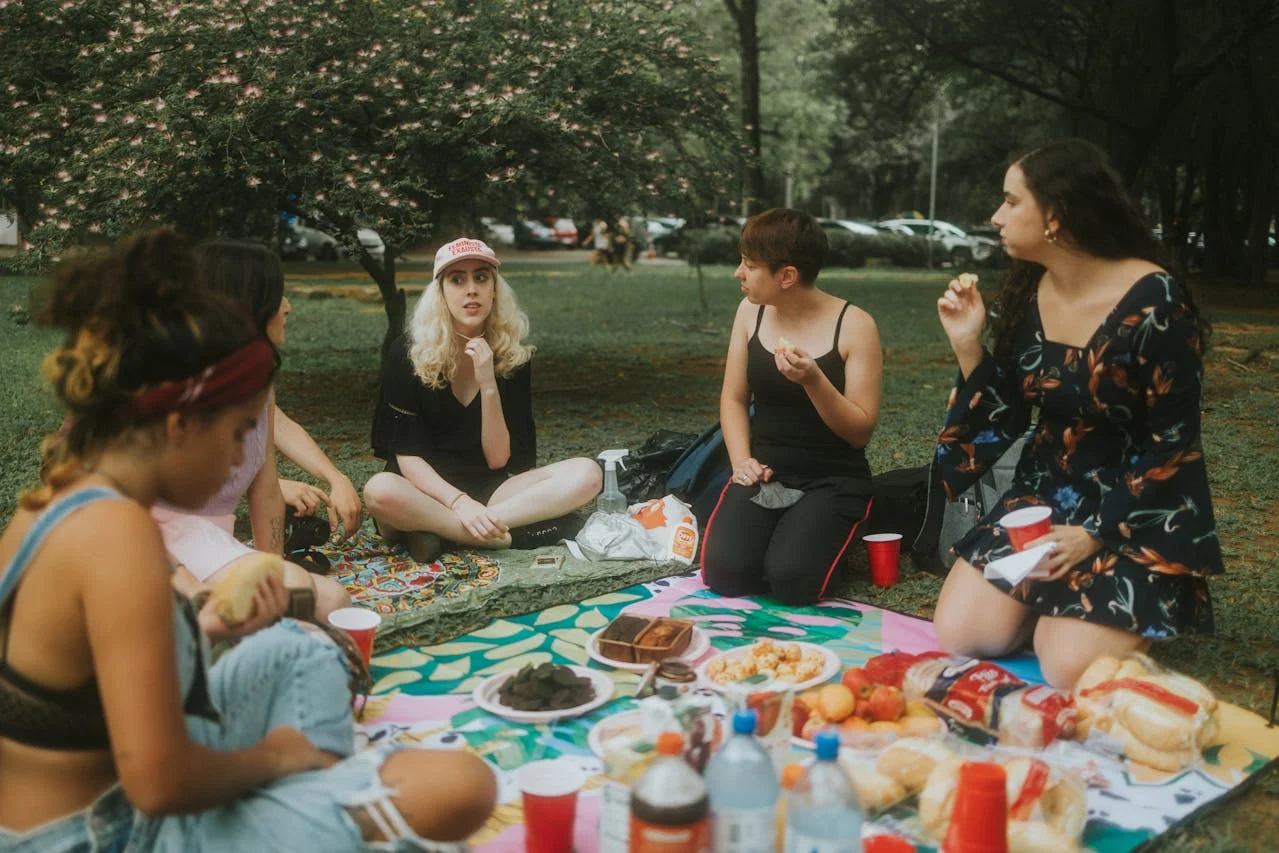
You’ve probably noticed that making friends felt effortless in school—shared lunch tables, group projects, and hallway conversations naturally bloomed into lasting bonds. But now? You’re staring at your weekend plans wondering if Netflix counts as a social activity (spoiler: it doesn’t). Here’s the thing: adult friendship requires intentional effort, but it’s absolutely doable when you know where to look. The secret lies in understanding that meaningful connections happen through shared experiences, common interests, and—here’s what most people miss—consistent exposure over time.
Join Local Clubs and Organizations Based on Your Interests

Whether you’re into pottery, pickleball, or obscure board games that take four hours to explain, joining clubs and organizations built around your passions creates the perfect storm for authentic friendships to bloom. You’re not just showing up to make friends—you’re there because you genuinely love what you’re doing, which means you’ll meet people who share that same fire.
Research shows shared activities create stronger bonds than forced social interactions: when you’re focused on learning new techniques or strategizing your next move, conversations flow naturally. You’ll find yourself debating the merits of different clay types or celebrating someone’s first successful serve—suddenly, you’re not strangers anymore.
The shared struggle, victories, and inside jokes become the foundation of lasting friendships.
Take Classes or Workshops to Learn New Skills
When you sign up for that watercolor class you’ve been eyeing or finally commit to learning Python programming, you’re doing more than just expanding your skill set—you’re placing yourself in a goldmine of potential friendships.
Learning environments naturally break down social barriers because everyone’s there for the same reason: growth. You’ll bond over shared struggles—trust me, nothing connects people like collectively butchering French pronunciation or failing spectacularly at pottery wheel attempts.
Research from the Journal of Social Psychology shows that shared learning experiences create stronger interpersonal connections than casual encounters. Whether it’s cooking classes, woodworking workshops, or dance lessons, you’re surrounding yourself with like-minded individuals who value self-improvement.
Plus, you’ve got built-in conversation starters and natural opportunities to help each other master new challenges.
Volunteer for Causes You Care About
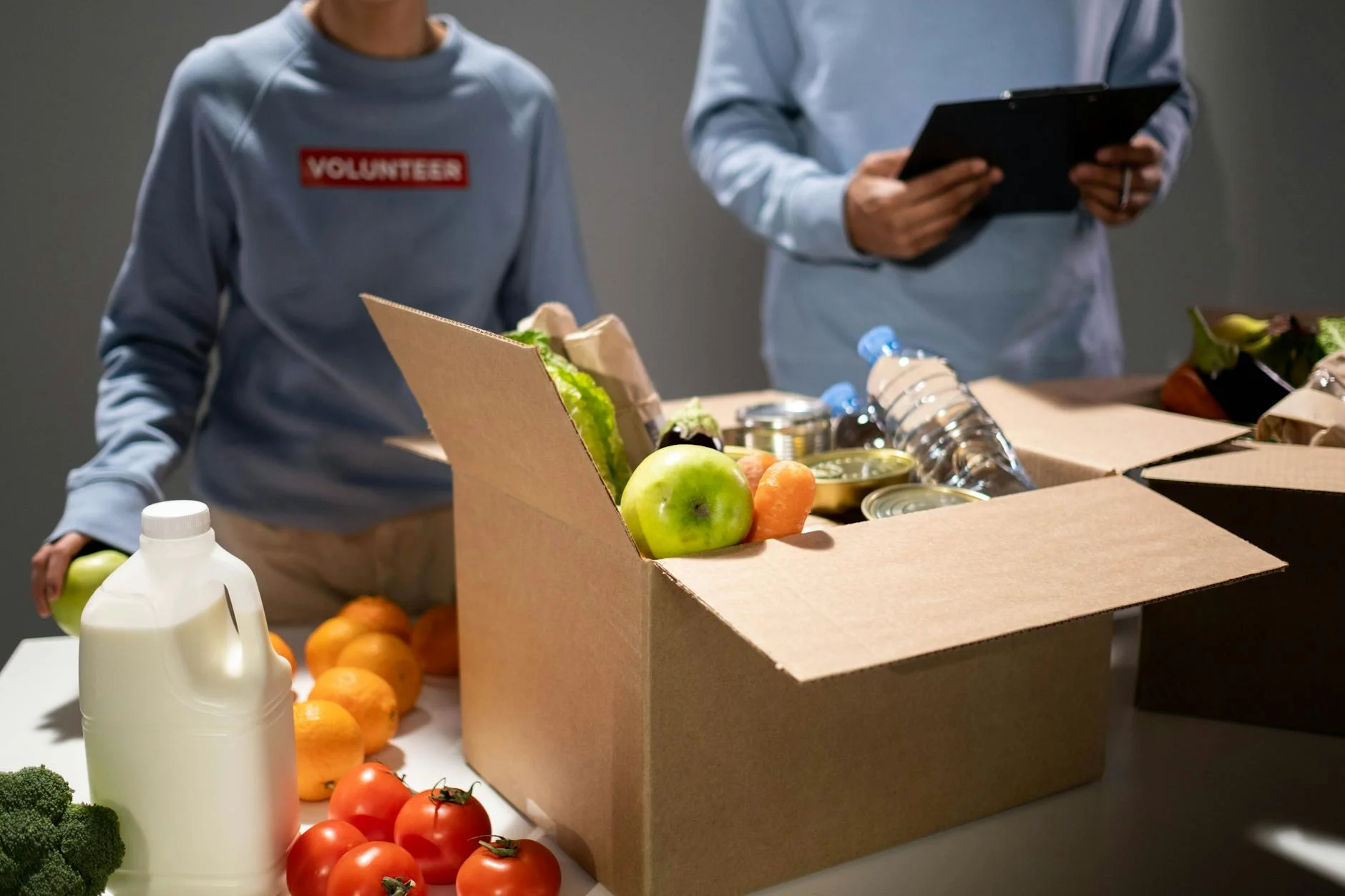
If you’ve ever felt that warm glow after helping someone—maybe you held a door for a stranger juggling coffee and groceries, or spent an afternoon reading to kids at the library—then you already understand the magnetic pull of volunteering.
People who volunteer together develop stronger social bonds because they’re united by shared purpose and values. When you’re building houses with Habitat for Humanity or organizing food drives, you’re automatically connecting with like-minded individuals who care about making a difference.
The beauty of volunteer friendships? They’re built on substance, not small talk about weather. You’ll find yourself discussing meaningful topics while working side-by-side, creating natural opportunities for deeper connections that extend beyond your volunteer commitment.
Use Friendship Apps and Social Platforms
Although dating apps have dominated the digital connection space for years, friendship-focused platforms are finally getting their moment—and honestly, it’s about time we’d dedicated spaces for platonic connections that don’t involve awkward explanations about why you’re “just looking for friends” on Tinder.
Apps like Bumble BFF, Meetup, and Patook create environments where everyone’s seeking the same thing: genuine friendships without romantic undertones. You’ll answer questions about your interests, values, and lifestyle preferences—much like dating apps, but focused on compatibility for hangouts rather than hookups.
The key is treating these platforms like tools for initiating real-world connections, not substitutes for actual friendship. Message actively, suggest specific meetups, and recollect that building meaningful relationships still requires showing up consistently in person.
Attend Community Events and Festivals
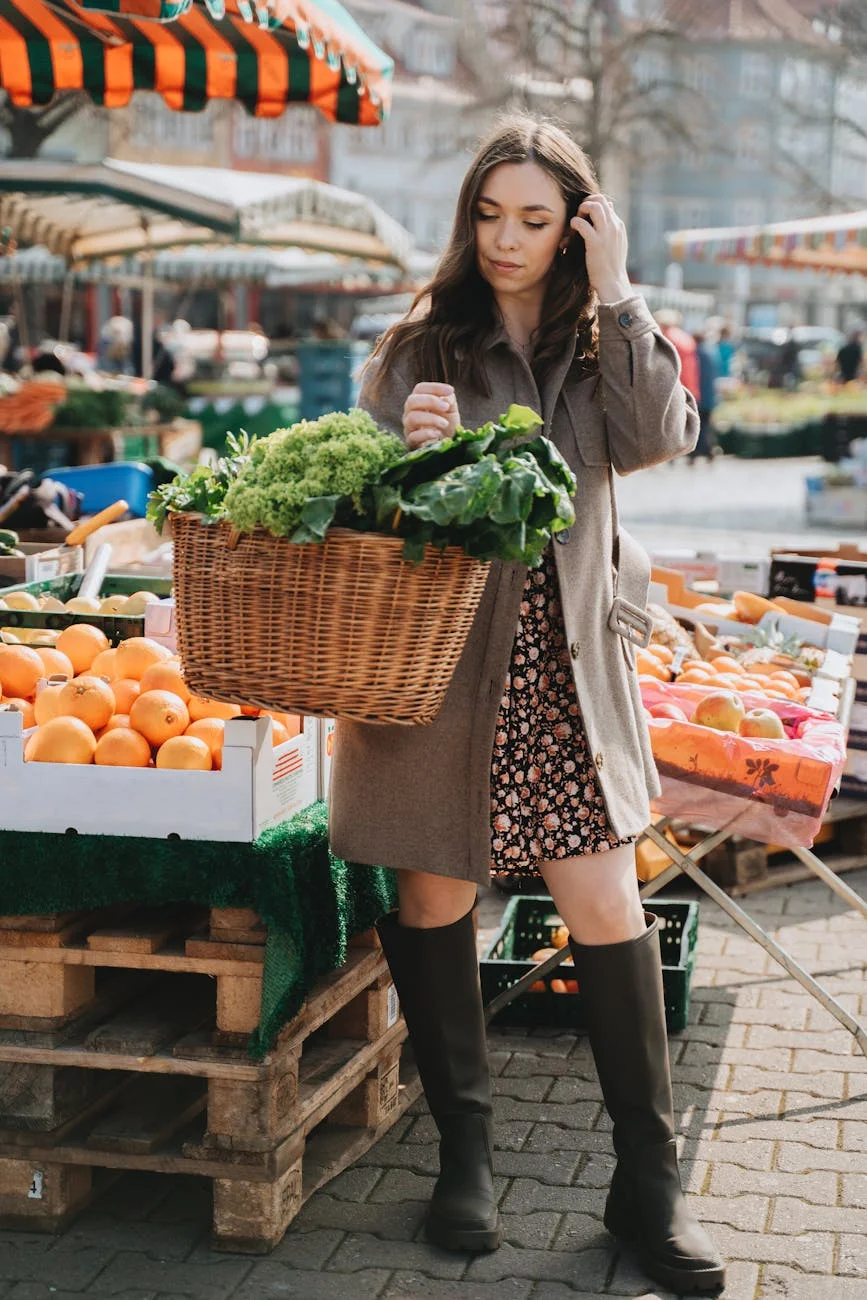
Community events and festivals offer up some of the most natural friendship opportunities you’ll find—think about it: you’re surrounded by people who’ve chosen to spend their Saturday at the same farmer’s market, art fair, or neighborhood block party, which already suggests shared interests or at least compatible ideas about how to spend free time.
You can leverage this shared experience as an instant conversation starter: “Have you tried the peach jam from that booth?” or “This band’s incredible—do you know their name?”
These events create what psychologists call “mere exposure effect”—repeated encounters with the same faces at recurring events naturally build familiarity and recollection. The key is showing up consistently; you’ll start recognizing regulars, and they’ll recall you too.
Join a Gym or Fitness Group
While sweating alongside strangers might seem like an unlikely recipe for friendship, gyms and fitness groups actually create a perfect storm of conditions for meaningful connections—you’re all there with shared goals of self-improvement, endorphins naturally boost mood and sociability, and the regular schedule builds those crucial repeated interactions that transform acquaintances into friends.
Group fitness classes offer built-in conversation starters: “That instructor’s brutal, right?” becomes your opening line after surviving spin class together. CrossFit boxes, running clubs, and yoga studios cultivate particularly tight communities where members genuinely celebrate each other’s progress. You’ll find accountability partners who’ll text when you skip workouts (annoying but effective), and before you know it, you’re grabbing post-workout smoothies and planning weekend hiking adventures with people who’ve literally seen you at your sweatiest.
Participate in Religious or Spiritual Communities
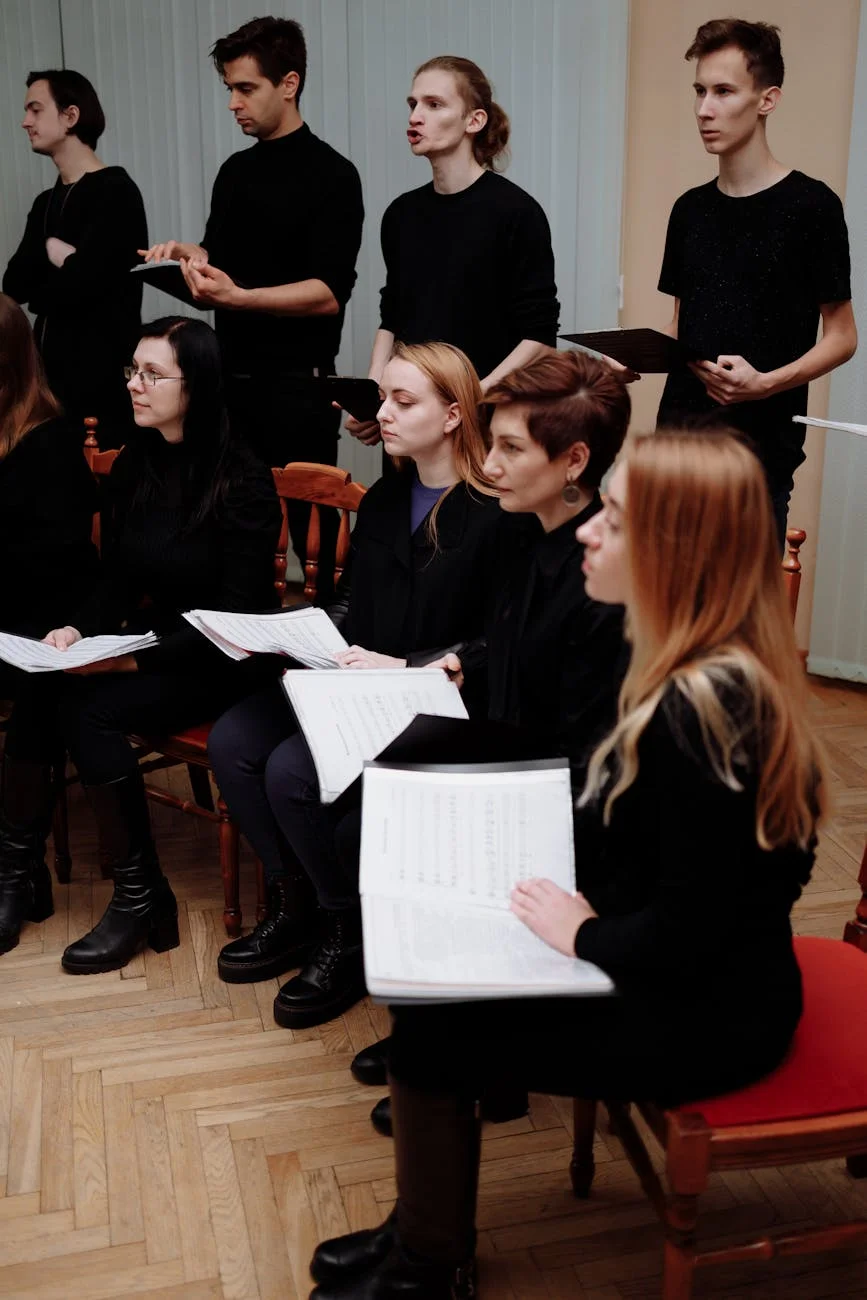
Beyond the domain of physical fitness, faith-based and spiritual communities offer some of the most natural pathways to deep, lasting friendships—places where vulnerability is welcomed rather than hidden, shared values create instant common ground, and regular gatherings provide the consistent contact that transforms Sunday morning nods into Wednesday coffee dates.
You’ll discover that religious communities excel at friendship-building because they’re designed around connection: small groups, volunteer opportunities, and life celebrations create multiple touchpoints beyond weekly services. Research shows that people who regularly attend religious services report 40% more close friendships than non-attendees—partly because these environments normalize discussing life’s big questions, struggles, and joys.
Don’t worry if you’re spiritually curious rather than devout; many communities welcome seekers alongside believers, offering meditation groups, book clubs, and service projects that attract diverse personalities united by shared purpose.
Connect With Neighbors in Your Area
The most overlooked goldmine of potential friendships exists right outside your front door—those neighbors you’ve been awkwardly waving at for months while secretly wondering if they think you’re the weird one who gets Amazon deliveries at 6 AM.
Your neighborhood represents a built-in social network where proximity creates natural opportunities for meaningful connections. Research shows that propinquity effect—basically, the more you see someone, the more likely you’ll develop positive feelings toward them—works in your favor here.
Strategic ways to leverage your geographic advantage:
- Host informal gatherings like block parties, game nights, or seasonal celebrations that require minimal commitment but maximum mingling potential
- Create shared experiences through neighborhood walking groups, book clubs, or skill-sharing sessions where everyone contributes their expertise
- Initiate practical collaborations like tool-sharing programs, carpooling arrangements, or community garden projects that solve mutual problems while building relationships
Attend Professional Networking Events
Professional networking events might sound about as appealing as a root canal—especially if you’re picturing awkward small talk over stale crackers while everyone pretends their business cards are actually interesting—but these gatherings represent one of the most efficient friendship accelerators available to working adults.
You’ll discover that shared professional challenges create instant common ground: discussing industry trends, celebrating career wins, or commiserating over difficult clients builds authentic connections faster than typical social settings.
Research from Harvard Business Review shows that 85% of jobs come through networking, but here’s the bonus—many of those professional contacts evolve into genuine friendships.
Choose events aligned with your interests, arrive early when conversations flow easier, and focus on giving help rather than getting it.
Join Book Clubs or Discussion Groups
Book clubs offer something professional networking events can’t: the luxury of meaningful conversations built around shared stories, complex characters, and big ideas that matter beyond quarterly reports. You’re discussing themes that reveal values, perspectives, and emotional intelligence—the stuff real friendships are made of.
Here’s what makes book clubs particularly effective for ambitious adults:
- Built-in conversation starters: No awkward small talk when you’re debating whether Gatsby was truly great
- Regular commitment: Monthly meetings create consistency that transforms acquaintances into genuine connections
- Diverse perspectives: You’ll encounter people from different industries who share your intellectual curiosity
Research shows that shared reading experiences create stronger social bonds than casual interactions. Whether you join an existing group or start your own, you’re investing in relationships that extend far beyond the final page.
Participate in Recreational Sports Leagues
Dodgeball might’ve traumatized you in middle school, but adult recreational sports leagues offer something your younger self never had: the choice to be there, teammates who actually want you to succeed, and post-game drinks where everyone’s a winner. Research shows that shared physical activities trigger endorphin release — nature’s built-in bonding mechanism that creates genuine connections faster than small talk ever could.
You don’t need Olympic-level skills; most leagues prioritize fun over competition, welcoming everyone from weekend warriors to complete beginners. Whether it’s kickball, volleyball, or even cornhole leagues, the key is consistency: showing up weekly builds familiarity, inside jokes develop naturally, and suddenly you’re planning barbecues with people who’ve seen you whiff easy catches. The structured environment eliminates awkward “what do we do now?” moments while creating natural conversation starters.
Attend Meetup Groups in Your City
While sports leagues work magic through shared sweat and victory celebrations, sometimes your interests lean more toward discussing philosophy over pizza than spiking volleyballs — and that’s where Meetup groups become your social goldmine. These organized gatherings bring together people who share specific interests, creating instant conversation starters and natural connection points that eliminate those awkward “so… what do you do?” moments.
Research shows that shared interests create stronger initial bonds than random encounters, giving you a strategic advantage in friendship-building.
Here’s what makes Meetup groups particularly effective:
- Variety is endless: From book clubs to hiking groups, coding workshops to wine tastings
- Low-pressure environment: No commitment beyond showing up when you want
- Built-in conversation topics: Your shared interest provides natural discussion material
You’ll find your tribe faster when you’re genuinely passionate about the activity.
Strike Up Conversations in Everyday Places
You don’t need to wait for organized events to stumble upon your next great friendship — some of the most meaningful connections spark up in the checkout line at Target, during your morning coffee run, or even while you’re both silently judging someone’s parallel parking skills.
The key is shifting from passive observer to active participant: compliment someone’s dog at the park, ask for restaurant recommendations from your Uber driver, or bond with fellow gym-goers over equipment struggles. Research shows that people consistently underestimate how much strangers enjoy random conversations, yet these micro-interactions build social confidence and create unexpected opportunities.
Start small — genuine comments about shared experiences often lead to deeper exchanges that transform mundane errands into friendship-building adventures.
Reconnect With Old Acquaintances

Sometimes the best new friendships aren’t actually new at all — they’re dormant connections waiting to be revived from your past. You’ve got a goldmine of potential friends hiding in your social media contacts, old work colleagues, and college acquaintances who’ve probably wondered about you too.
The beauty of reconnecting lies in skipping those awkward getting-to-know-you phases — you already share history, inside jokes, and common ground. Research shows that rekindled relationships often develop faster than brand-new ones because trust already exists.
- Send a genuine “thinking of you” message referencing a specific shared memory
- Suggest meeting for coffee to catch up on life changes
- Be vulnerable about wanting to rebuild meaningful connections
Don’t overthink it — most people feel flattered when someone reaches out.
Be a Regular at Local Establishments
Becoming a familiar face at your neighborhood coffee shop, gym, or bookstore creates natural opportunities for friendship to bloom organically — think of it as the adult equivalent of seeing the same kids on the playground every day. When you’re consistently present, you’ll start recognizing other regulars: the woman who orders the same latte Tuesday mornings, the guy who always claims the corner treadmill. These repeated encounters build what psychologists call “mere exposure effect” — we naturally gravitate toward familiar faces.
Don’t just lurk though; make small talk about shared experiences like weekend crowds or new menu items. I’ve watched friendships spark over complaints about gym equipment — apparently mutual frustration over broken ellipticals creates surprisingly strong bonds.
Conclusion
Making friends as an adult isn’t rocket science—it just requires stepping outside your comfort zone and showing up consistently. Whether you’re joining that hiking club you’ve bookmarked for months or finally attending neighborhood events, recall that everyone’s maneuvering the same awkward dance of adult friendship. Start small, be genuine, and don’t get discouraged if connections take time to develop; meaningful friendships are worth the effort you’ll invest.


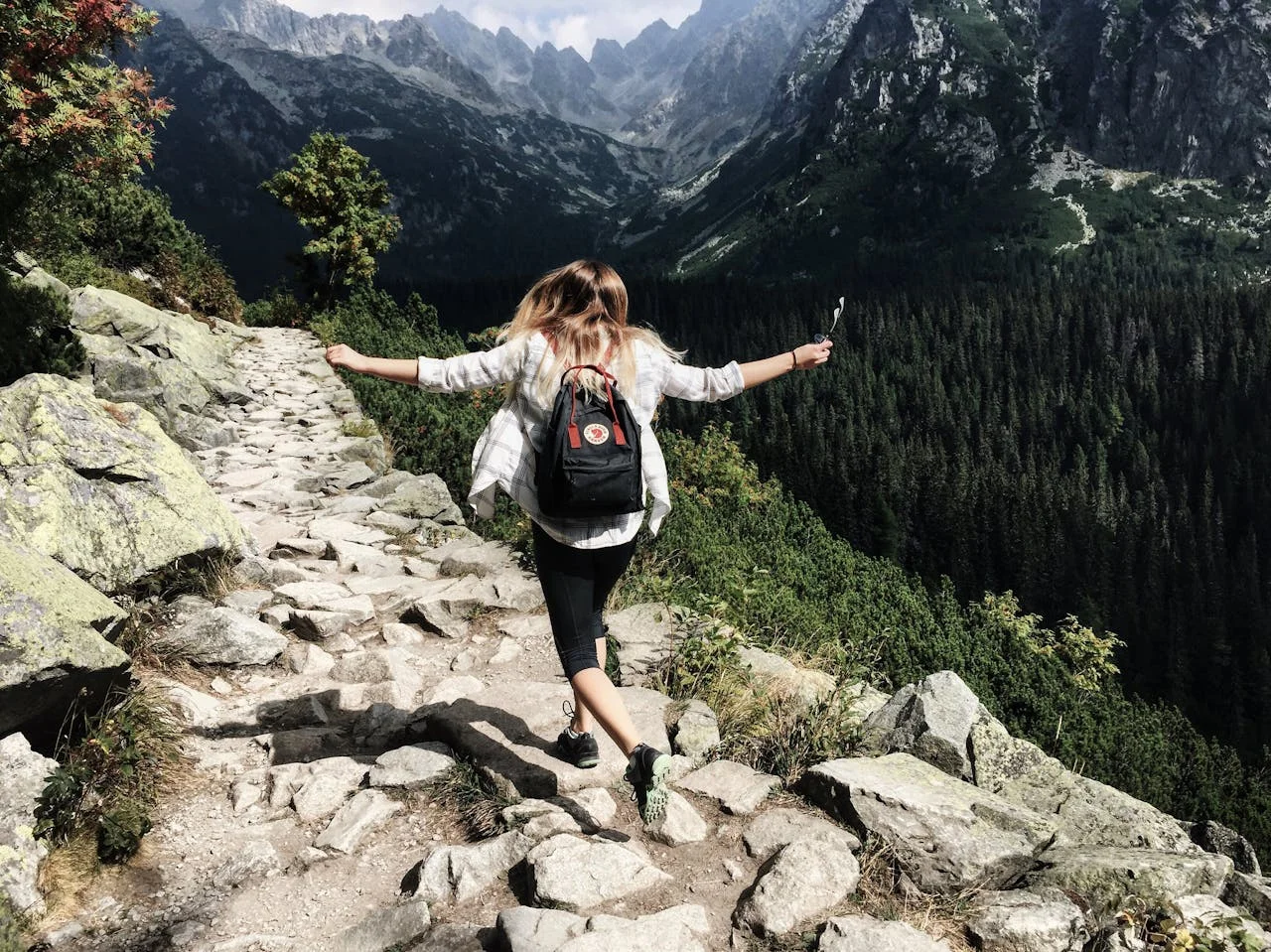

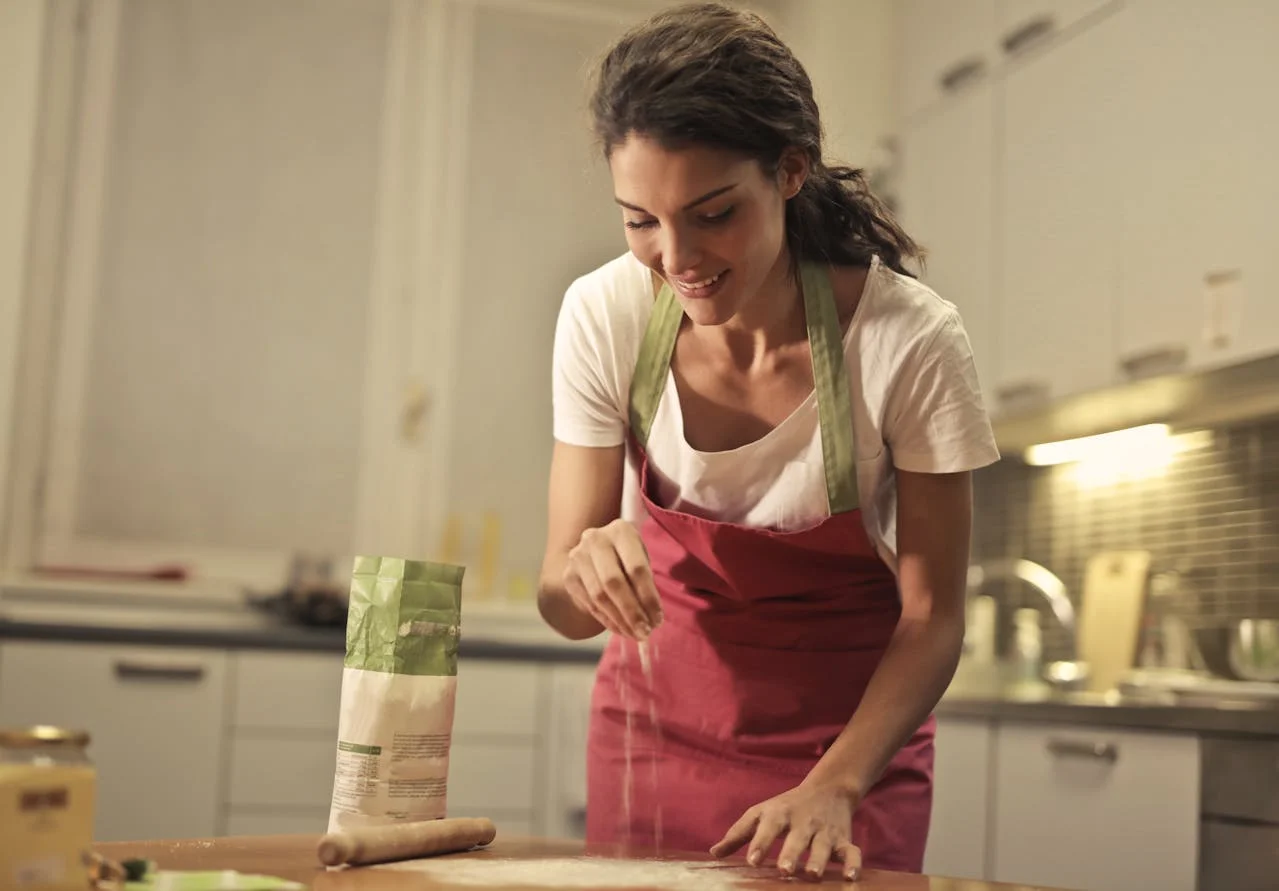
Pingback: 10 Real Ways to Find Friends After 30